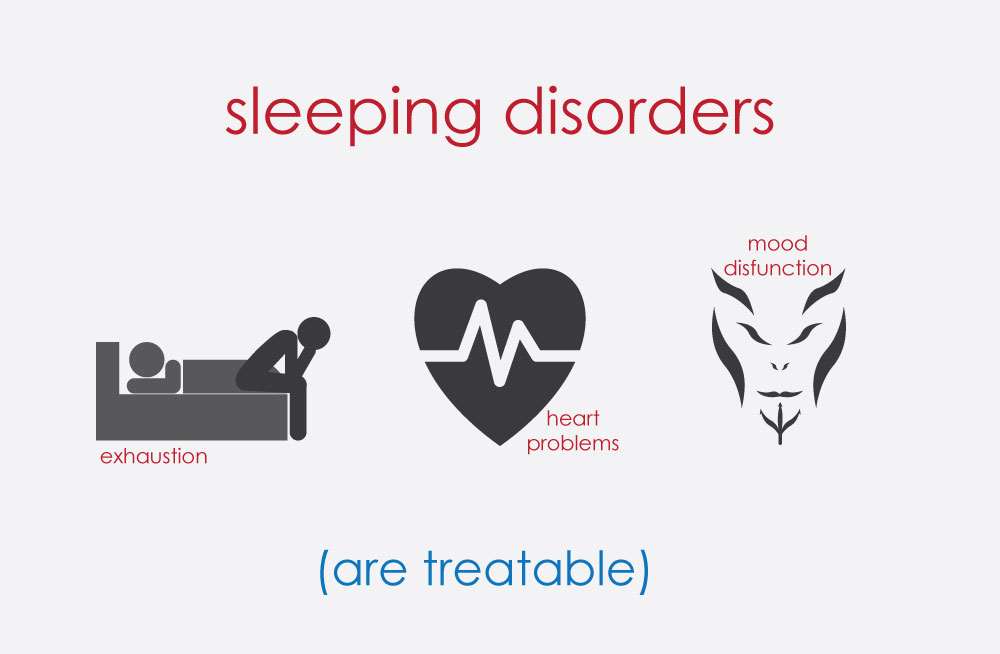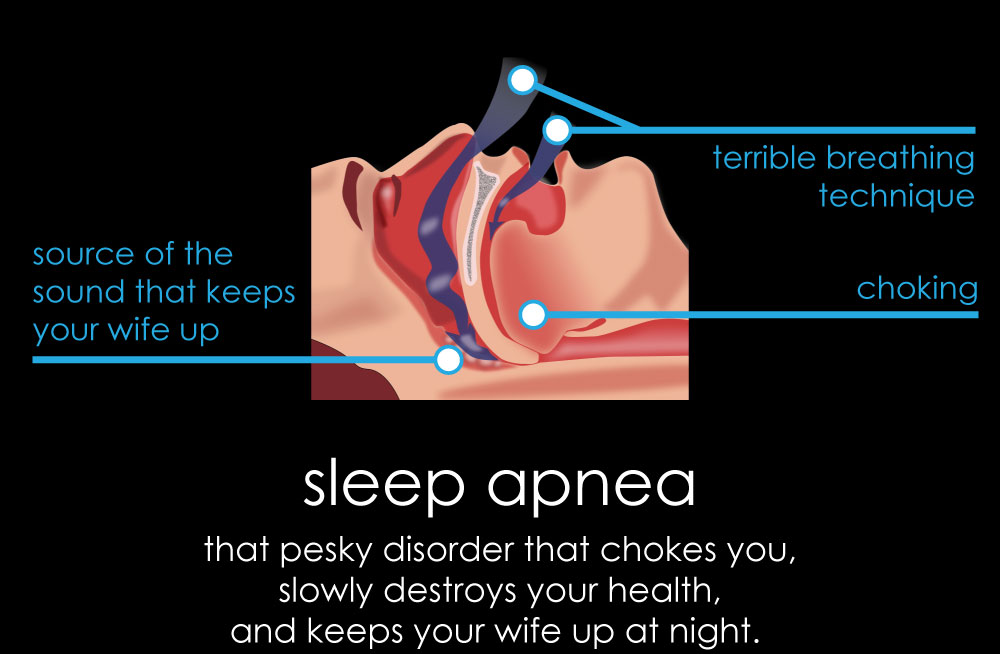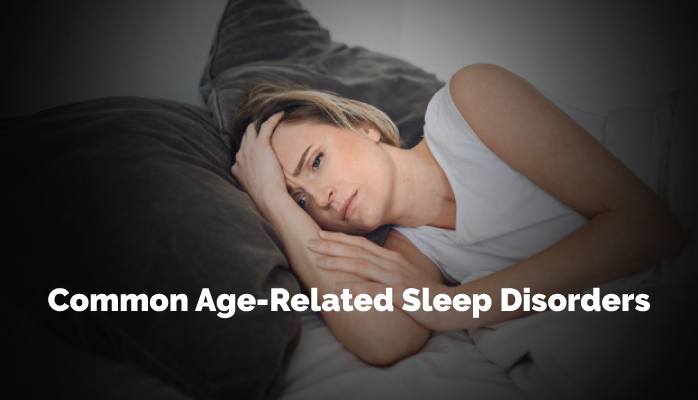Getting Older Often Means More Sleep Problems
As you get older, the likelihood that you will develop or report sleeping troubles will increase. This is because as you age, your sleep patterns will change, requiring you to acquire sleep differently than you did when you were, say, 20 years old. Generally speaking, as you get older your sleep pattern changes in the following ways:
- You will likely sleep less than 7 hours at night
- Your sleep may feel less restful during the night
- You may be more inclined to nap
- The times that you go to bed and wake up will also likely change
As an adult, you should be averaging between 7-9 hours of sleep every day. These figures are extensively researched and you should be dubious when someone says that they can do fine with 5 hours of sleep. The key work here is 7-9 hours per day, not just at night.
When you are younger, you likely had little trouble getting 7-9 hours of uninterrupted sleep every night. But your sleep pattern changes as you age. Getting 7-9 hours of sleep, let alone even 5 or 6 hours, at one time may seem impossible when you get older.
While your pattern might change, your need for getting a certain amount of sleep won’t. So to get the full amount of sleep when you're only getting 4-5 hours at night, you might need to start supplementing your nightly sleep with a long nap or two, or by having two long periods of sleep at night with a break of several wakeful hours in the middle of the night. The point is that you will have to be more conscious of when and how you get your sleep.
These sleep changes happen for life reasons (stress, children, jobs), hormonal changes, and natural physiological changes that make you more susceptible to certain sleep disorders. Let’s look at some of the sleep disorders that are more common in older people.
Common Sleep Disorders in Children
Parasomnias relate to a number of different sleep disorders, not just a single sleep disorder, and tend to be more common in children than adults. Parasomnias are considered sleep disorders because they are conditions that affect your ability to get sleep – hence, they disrupt your circadian rhythm and lead to sleep deprivation.
The most common parasomnias for children are:
- Sleep terrors
- Sleep talking
- Sleepwalking
Fortunately, such parasomnias typically aren’t dangerous, though they can be scary for parents and startling for children to wake up in an odd place, such as in the case of sleepwalking.
Age-related insomnia

People over the age of 65 report much higher incidences of insomnia than younger age groups. Insomnia is when you:
- Have difficulty falling asleep
- Have difficulty staying asleep
- Wake up far too early and can’t go back to sleep
As you age and your sleep changes, you can exhibit insomnia symptoms. Most people report that as they age, they tend to go to bed earlier and wake up earlier.
Often, “earlier” is enough to give us some concern, such as not being able to sleep in past 3 am. These changes can be disruptive enough that without conscious changes to your sleeping, you will suffer sleep deprivation.
Restless Leg Syndrome becomes more common with age
Restless leg syndrome (RLS) is a nervous system disorder that causes discomfort in your legs and, sometimes, arms. It can range from a minor irritant to extremely uncomfortable. When the discomfort is enough to keep your from sleeping, it is considered a sleeping disorder.
RLS is by far most common in people middle aged and older. While it can develop in those younger than middle-aged, it’s uncommon.
Some of the symptoms include the following feelings at night:
- Aching, throbbing, or burning
- Cramping (especially in calves)
- Jerking
- Buzzing or vibrating feelings
- Itchy feeling
- Feeling of pins and needles
- Creepy crawly feeling
- Irresistible urge to move your leg to relieve the discomfort
RLS has no specific treatments, though exercise and stretching can make a big difference. Consult with your doctor for more information on RLS treatment.
Age and Obstructive Sleep Apnea

Obstructive sleep apnea (OSA) is one sleep disorder that is much more common as we get older. Obstructive sleep apnea occurs when your upper airway becomes blocked while sleeping. This happens because:
- The breathing muscles in the back of your throat relax, causing the back of your throat to collapse fully or partially
- Once collapsed, your airway can be blocked by the back of your throat, your tonsils, or your tongue.
- Then, you will not breathe for a period of time and have to rouse yourself to wake up
- Each blockage, not breathing, arousal cycle is called an apnea, or apnea event
You will not remember your apnea events in the morning, and this can happen dozens of times per night. Because of this, people with sleep apnea get little to no deep, restorative sleep, and can suffer mild to severe sleep apnea.
Symptoms of obstructive sleep apnea are:
- Loud snoring
- Restless sleep
- Morning headaches
- Severe daytime sleepiness
- Chronic irritability
OSA is a serious medical condition with significant consequences that should not be ignored.
Circadian Rhythm Disorders
Your circadian rhythm is your biological clock. It runs in the background of your brain and regulates your cycle of sleep and wakefulness. It’s also known as your sleep wake cycle.
There are many factors that can interrupt your biological clock, such as extreme lighting conditions, jet lag, shift work, and so on. Your circadian rhythm may undergo major changes as you age for no apparent reason.
In this case, you might notice that your natural cycle changes dramatically - you may go from being a night owl to more of a morning person, for example.
If you have noticed disruptive age-related sleep changes in you or a family member, then please click the orange button below to take a free online sleep test and talk with one of our sleep health professionals.


